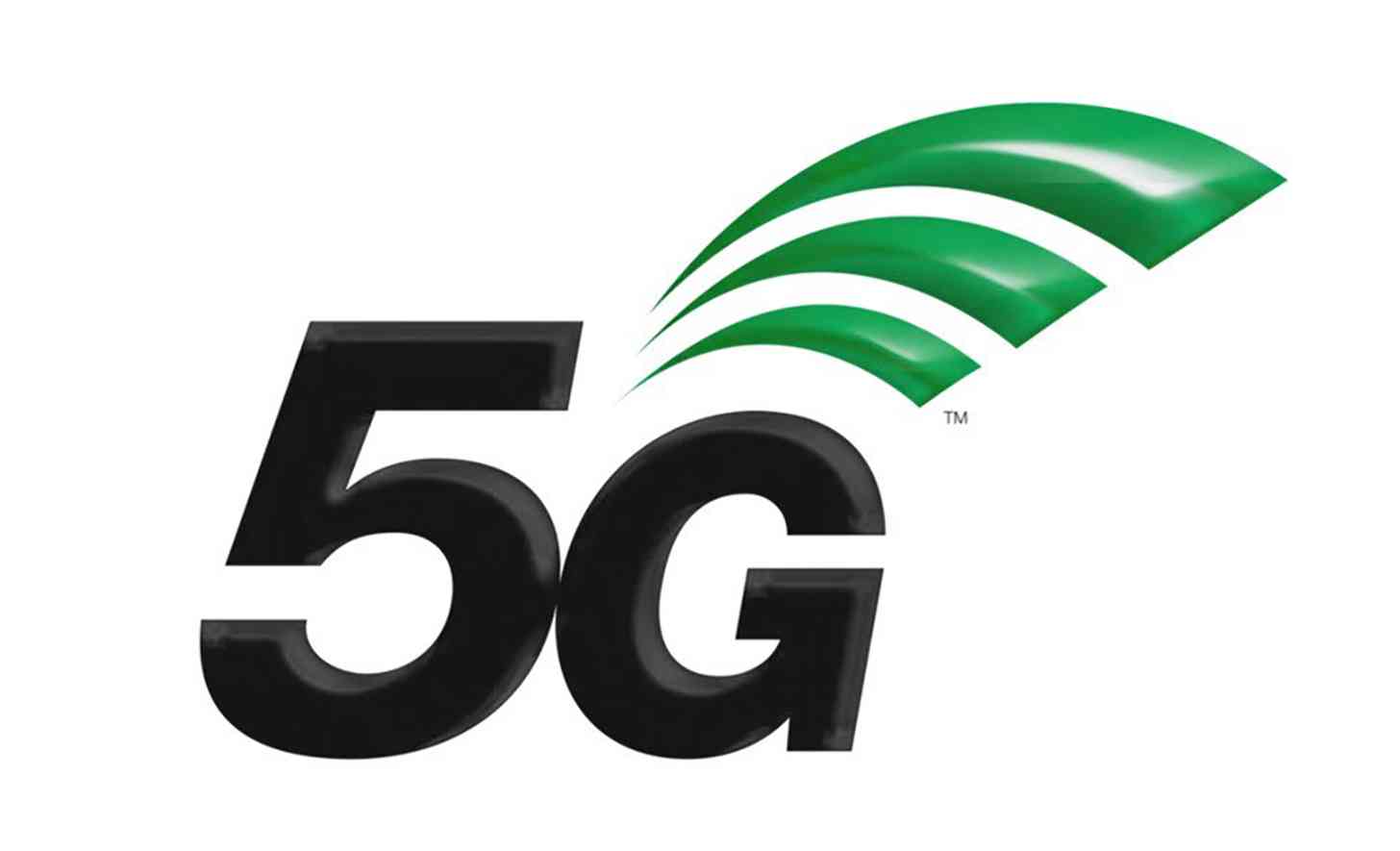
Over the weekend, a memo leaked suggesting that some people in the US government considered a nationalized 5G network.
Documents created by a "senior National Security Council official" were obtained by Axios, which then shared details about them. The docs suggests that the government pay for a build a single network and then rent access to carriers like AT&T, Sprint, T-Mobile, and Verizon.
The reason for the nationalizing a 5G network, according to the memo, would be to prevent Chinese technology and equipment from being used in the US. "China has achieved a dominant position in the manufacture and operation of network infrastructure," the docs say, adding that "China is the dominant malicious actor in the Information Domain."
However, today a new report says that all of those documents are outdated. Recode says that it's been told by multiple White House officials that the docs suggesting a nationalized 5G network are dated and that they were ideas suggested by a staff member, not an indication of an upcoming policy announcement.
During all of the brouhaha surrounding this leak, several FCC officials came out in opposition of a nationalized 5G network. FCC Chairman Ajit Pai said that any federal effort to build a nationalized 5G network "would be a costly and counterproductive distraction from the policies we need to help the United States win the 5G future."
Here's Pai's full statement:
“I oppose any proposal for the federal government to build and operate a nationwide 5G network. The main lesson to draw from the wireless sector’s development over the past three decades—including American leadership in 4G—is that the market, not government, is best positioned to drive innovation and investment. What government can and should do is to push spectrum into the commercial marketplace and set rules that encourage the private sector to develop and deploy next-generation infrastructure. Any federal effort to construct a nationalized 5G network would be a costly and counterproductive distraction from the policies we need to help the United States win the 5G future.”